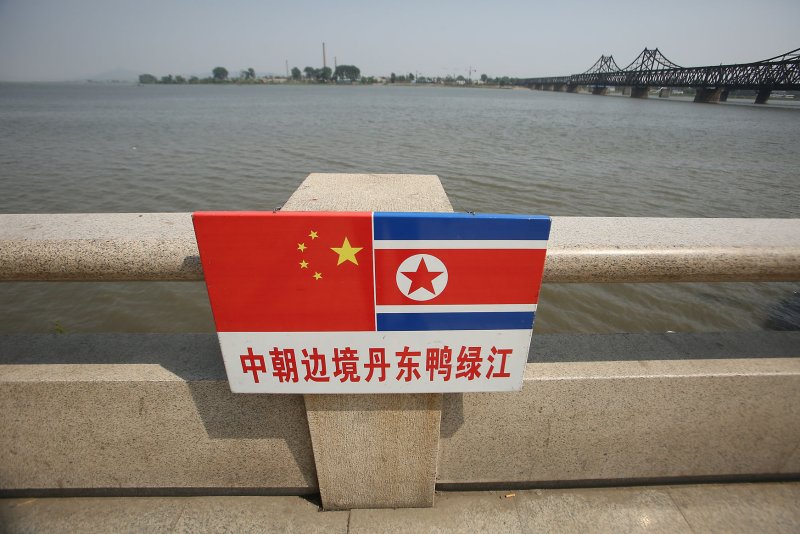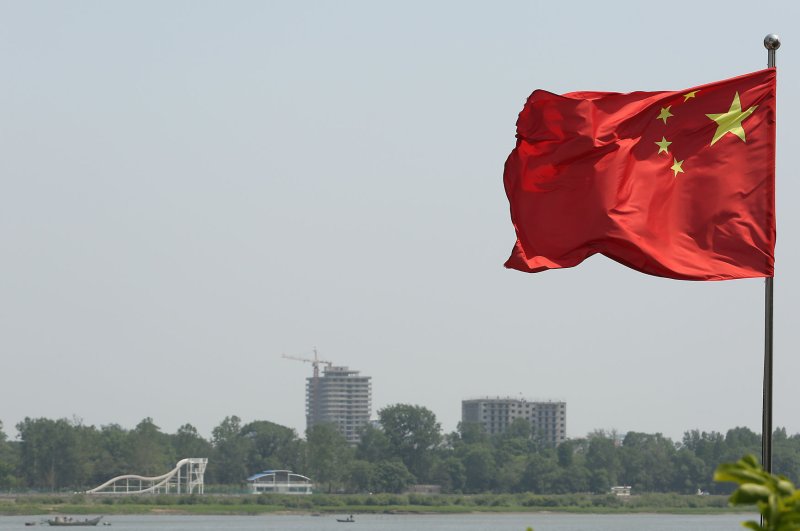- Banned
- #1
Russia has condemned North Korea's artillery attack on a South Korean island late last month and is deeply concerned over Pyeongyang's uranium enrichment efforts which could be used to make nuclear weapons.
Russia's Foreign Minister made these comments during a meeting with his North Korean counterpart Pak Ui-Chun in Moscow on Monday.
Moscow's foreign ministry announced that its foreign minister, Sergei Lavrov also called on North Korea to comply with UN Security Council resolutions 1718 and 1874.
Lavrov also, reportedly called for a resumption of six-party talks saying it was indispensable to relaunch the process on the North Korean issue.
Pyeongyang's top diplomat is in Moscow until Wednesday.
Meanwhile, Seoul's chief nuclear envoy, Wi Sung-lac heads for Russia on this Tuesday for discussions with his counterpart.
=================
North Korea is threatening S.Korea.
Actions like this not only threatens the peace of the Korean peninsula but also the peace of the entire world.
UN Security Council and the interantional community including China must condemn North Korea and make North Korea take responsibility for its actions so that North Korea can never commit violent provocations again.





